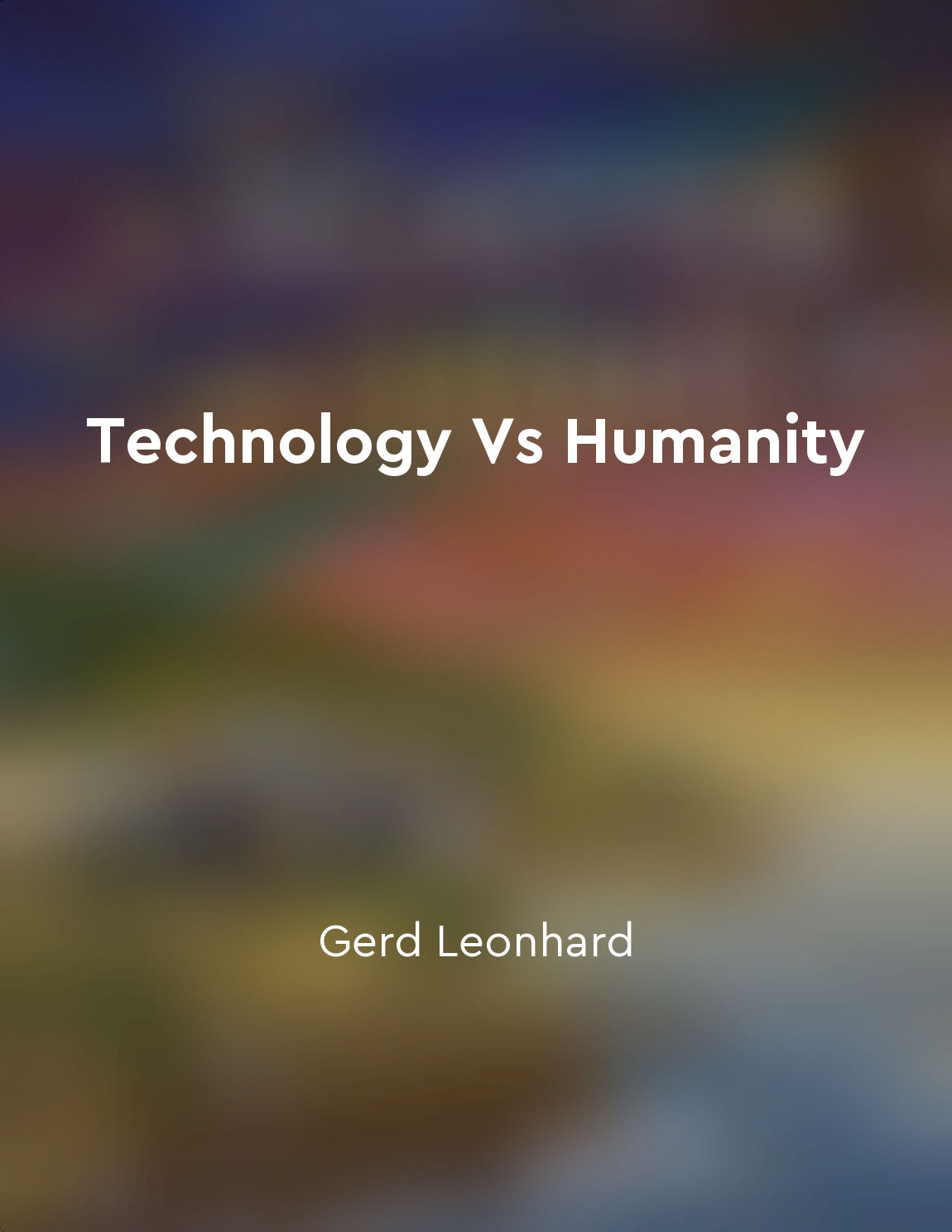The digital divide affects educational access from "summary" of Schools and Society: A Sociological Approach to Education by Jeanne H. Ballantine,Joan Z. Spade
The digital divide refers to the gap between those who have access to technology and the internet and those who do not. This gap can have significant implications for educational access and success. In today's society, technology plays a crucial role in education, with many schools incorporating digital resources and tools into their curriculum. Students who lack access to these resources may be at a disadvantage compared to their peers who have access to the latest technology. The digital divide can affect educational access in a variety of ways. For example, students who do not have internet access at home may struggle to complete online assignments or research topics for projects. This lack of access can hinder their ability to fully engage with the material and may impact their academic performance. Additionally, students without access to technology may miss out on opportunities to develop important digital literacy skills that are increasingly necessary in today's workforce. Furthermore, the digital divide can also impact educational access for students from lower-income households. Families who cannot afford to purchase computers or internet service may find it difficult to support their children's educational needs. This can create disparities in educational outcomes between students from different socioeconomic backgrounds, further perpetuating inequality in the education system. Addressing the digital divide is crucial for ensuring that all students have equal opportunities to succeed in school. Schools and policymakers must work to provide access to technology and internet resources for all students, regardless of their background. By narrowing the digital divide, we can help to create a more equitable education system where all students have the tools they need to thrive.Similar Posts
A onesize-fits-all approach to education is ineffective
The notion that all students can be educated in the same way, following the same curriculum, and achieving the same outcomes is...

The decentralization of communication has both positive and negative consequences
Communication has undergone significant changes with the rise of digital technologies. One of the key aspects of this transform...
Globalization will continue to accelerate
The forces of globalization are like a freight train hurtling down the tracks, picking up speed and momentum with each passing ...
Technological convergence drove change
In the age of globalization, technological convergence has played a pivotal role in driving change across various industries an...
Social media is impacting politics and society
Social media has fundamentally changed the way politics is conducted and how societies function. It has given individuals the p...

The power of technology can be overwhelming
Within the realm of technology, there lies a vast and formidable power that has the capacity to both awe and terrify us. This p...
